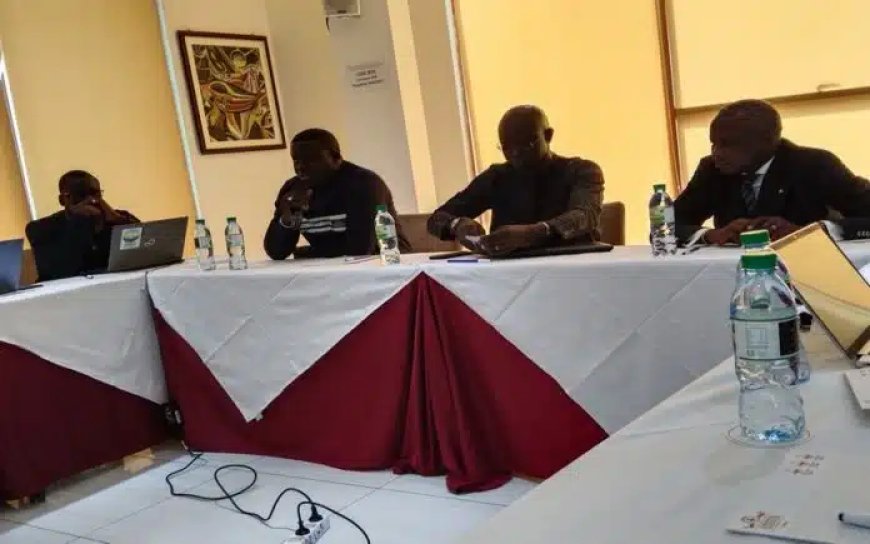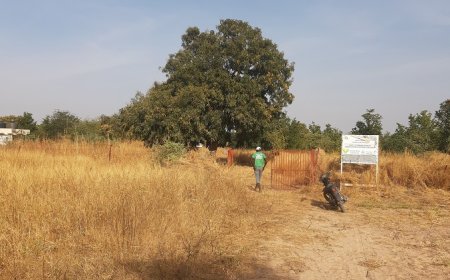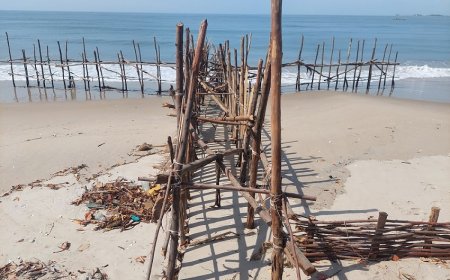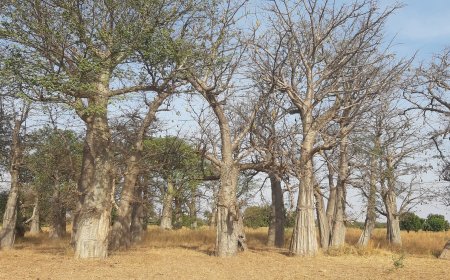Background
African countries such as Senegal are implementing their climate change adaptation strategies within the framework of Nationally Determined Contributions (NDCs) through various climate actions carried out according to the defined priority sectors. Indeed, each priority sector for adaptation in Senegal (agriculture, livestock, fisheries, water resources, flooding, coastal erosion, infrastructure, health, biodiversity, etc.) has identified national adaptation options that must be implemented locally. This focus on the national level raises the question as to whether endogenous responses to climate challenges at the local level or community-based adaptation practices have been taken into account in the process of developing and implementing the NDC.
The overall objective of the Climate Action and Adaptation Policy Stakeholder Workshop was to share preliminary results of case studies on locally led adaptation experiences for the agriculture, coastal zone and health sectors. More specifically, the objectives were to
- present the methodological approach used to performout the three case studies, including the field data collection process;
- share the preliminary results of the case studies on locally driven adaptation for the agriculture, coastal zone and health sectors;
- gather recommendations from stakeholders on improving documentation, capitalisation and valorisation of the results obtained under the NDC.




